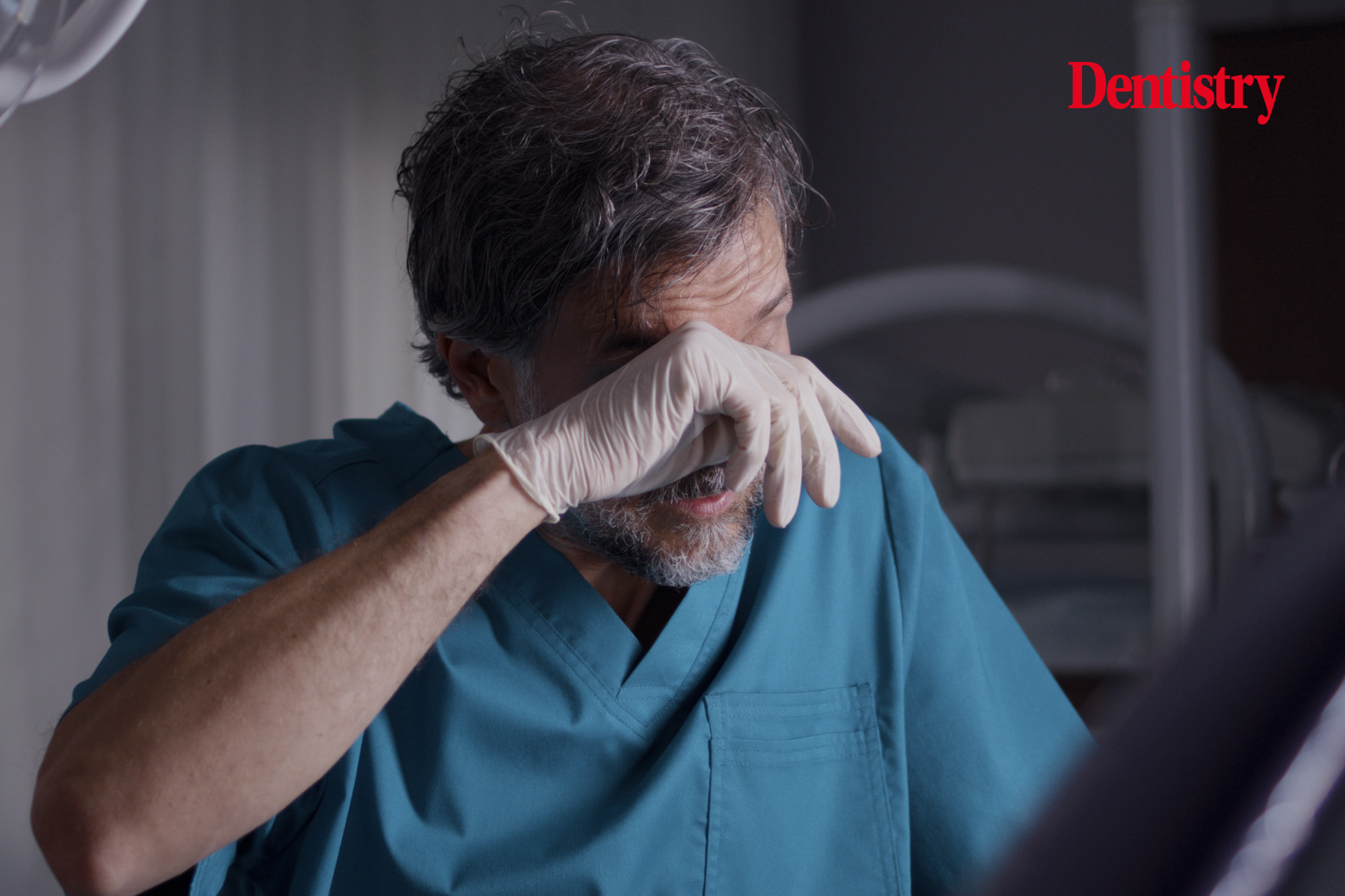
Simon Kidd, dentolegal adviser at the Dental Defence Union (DDU), explains the duty of candour and what to do when something goes wrong.
Apologising to a patient when something has gone wrong can be difficult, but it’s an ethical duty for dental professionals.
The duty of candour means that clinicians must inform patients and their guardians/families when a patient has, based on an independent and reasonable opinion, been unintentionally or unexpectedly mentally or physically harmed because of their care or treatment.
As well as individual professional duty, a statutory duty of candour may apply when a notifiable patient safety incident occurs. This duty of candour applies to organisations rather than individuals.
What does the guidance say?
The GDC issued Being Open and Honest With Patients When Something Goes Wrong (2016), which outlined the need for practice owners to instil an open and honest culture in the workplace and to encourage staff to raise concerns. It also stated that professional conduct panels will ‘take very seriously a finding that a dental professional took deliberate steps to avoid being candid with a patient or to prevent someone else from being so.’
When something goes wrong with patients’ treatment or care which causes (or could cause) harm or distress, dental professionals must:
- Tell the patient (or their representative) when something has gone wrong
- Apologise to the patient
- Offer an appropriate remedy or support to put matters right, if that is possible
- Explain fully to the patient the short- and long-term effects of what has happened.
What does Scottish law say?
In Scotland, the statutory duty of candour is governed by the Health (Tobacco, Nicotine and Care etc) (Scotland) Act 2016 and the Duty of Candour Procedure (Scotland) Regulations 2018.
The statutory duty of candour, also called the organisational duty of candour, was introduced in Scotland in April 2018. It includes the following provisions.
A notifiable incident is something that a reasonable healthcare professional would view as resulting in one of the defined outcomes:
- The person giving this view must not have been involved in the incident itself
- Activation of the organisational duty and notification to the affected person or their representative must occur as soon as reasonably practicable (usually within 10 working days) after knowledge of the incident
- As to the notification procedure itself, the Scottish Act says that the patient involved should have a choice about whether they want to receive more information about the incident.
The Scottish government has provided more information on the implementation of the organisational duty of candour.
Alerting the organisation
Organisational duty of candour applies to organisations. However, the treating clinician is likely the most appropriate person to provide comprehensive information about any incident that occurs.
Dental professionals, who regularly have candid discussions with their patients, might become the organisation’s representatives under organisational duty of candour.
It is important to cooperate with your organisation’s policies and procedures. This includes the requirement to alert the organisation when a notifiable patient safety incident occurs.
It may be difficult deciding whether an incident reaches the threshold for notification under the organisational duty of candour. This may be confusing, as the threshold is lower for a dental professional’s ethical duty (any harm causing distress to the patient), but higher and more complex for the organisational duty.
Finally, where an organisation’s clinical governance procedures for reporting and investigating incidents are followed, it is unlikely that a notifiable patient safety incident will be overlooked. In any event, dental professionals must always follow their ethical duty, irrespective of whether the statutory duty applies.
Follow Dentistry.co.uk on Instagram to keep up with all the latest dental news and trends.


